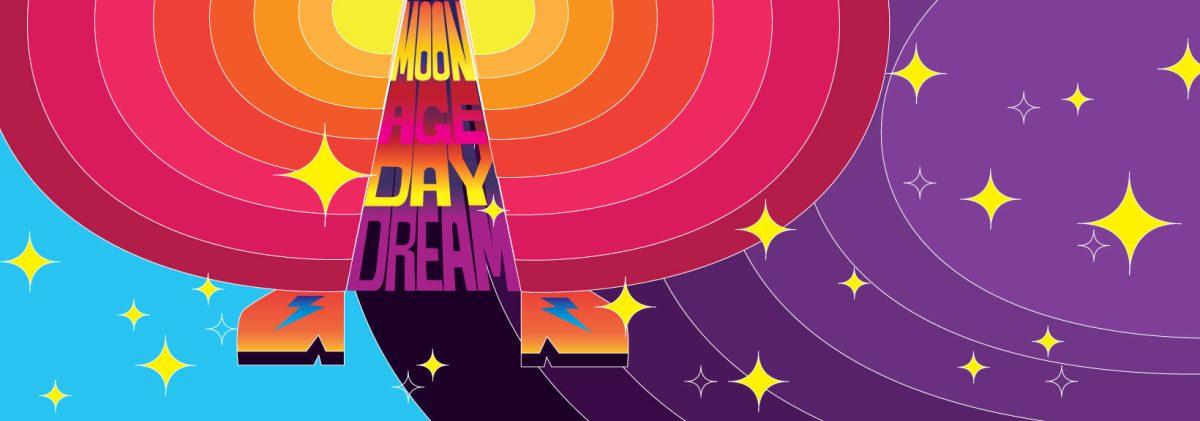
“Moonage Daydream” is a documentary created by David Bowie fans, for David Bowie fans.
I am not a David Bowie fan, but that’s not to say I have anything against him – I respect him tremendously as an artist, I just never got around to listening to his music.
Rather than approaching this documentary from the perspective of an eager fan looking to celebrate the legacy of the late, great Bowie, I went into it as somebody who was only familiar with this musical titan on a surface level. I was curious to learn about who David Bowie was, what made him tick and what kind of legacy he left behind.
On that front, “Moonage Daydream” absolutely delivered. This film is a deep dive into the soul of a profoundly unusual performer and gets to the core of what drove him as an artist and a human being. It isn’t really as much a documentary as it is a character study. It’s not a simple, point-A-to-B of the life and times of David Bowie. The last thing Bowie ever wanted to be was ordinary, so it only makes sense for “Moonage Daydream” to follow suit.
The film does not provide many specific details about his upbringing and personal life, and there is not a single talking head to be found. It utilizes interview clips interspersed with never-before-seen footage and a barrage of trippy kaleidoscopic imagery that’s hard to describe in words. It truly is something you have to see for yourself.
The fluid, unpredictable nature of David Bowie’s existence went far beyond his androgynous fashion sense. In many ways, he was a walking contradiction. He was a self-described “collector” of personalities and identities, but often hid his true self from the world. He exuded boundless passion for all corners of life, but for a long time was reluctant to fall in love. He was adored by millions across the globe, but felt profoundly isolated at times.
The film tends to bounce back and forth between different stages of Bowie’s life, examining how his experiences impacted his music. His early work was more rebellious and provocative, as we see in concert footage including playing guitar with his teeth and making out with a human skull (yes, you read that right). By contrast, his later music was more optimistic and uplifting — reflecting how his experiences led him to find inner peace and live as his authentic self.
Through his music, Bowie sought to provoke strong reactions, either positive or negative. As he mused in one interview, he wanted to go beyond merely having a career — he wanted to have a purpose and add something to the world. He aimed to challenge not just his audience, but himself as well, hence his foray into other art forms such as acting, painting, sculpting and writing. The legacy of David Bowie is somebody who chose to be whoever he wanted to be and didn’t let anything stop him.
Despite its wildly unconventional approach, “Moonage Daydream” thoroughly succeeded in giving somebody like me, who had minimal prior knowledge on its subject, a fascinating glimpse into the essence of one of the most unique performers of our time. Be sure to give it a watch as it continues to play at Ragtag Cinema throughout the month.
Edited by Egan Ward | [email protected]
Copy edited by Mary philip and Julia Williams| [email protected]